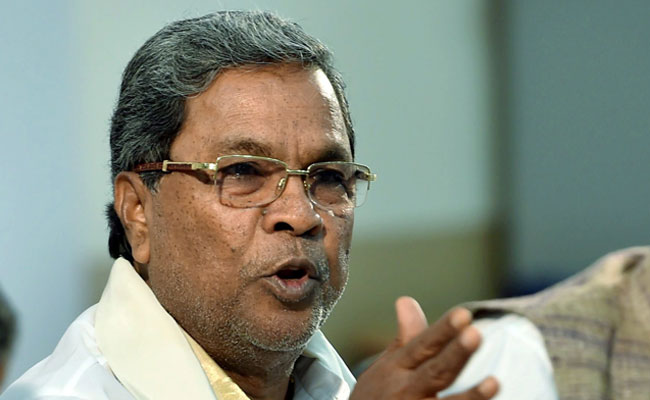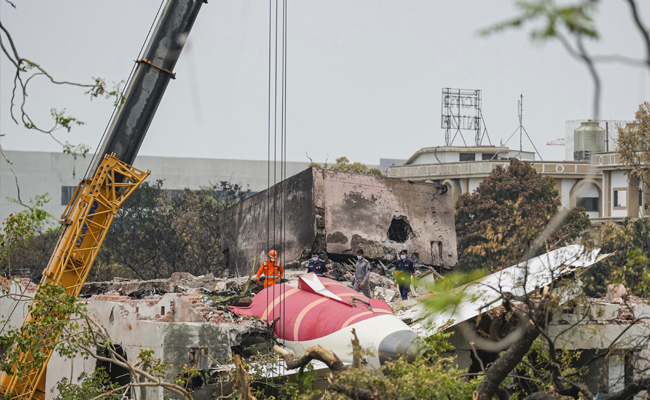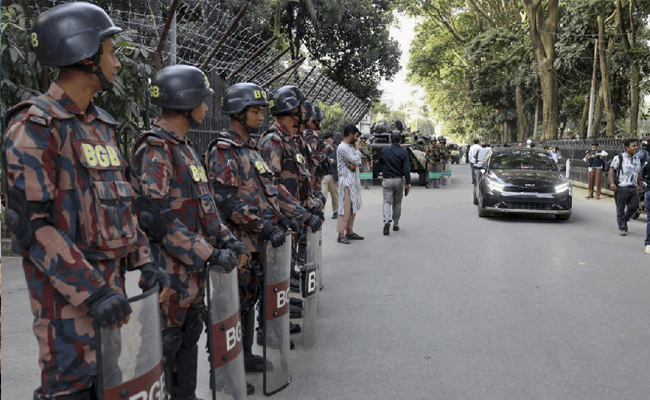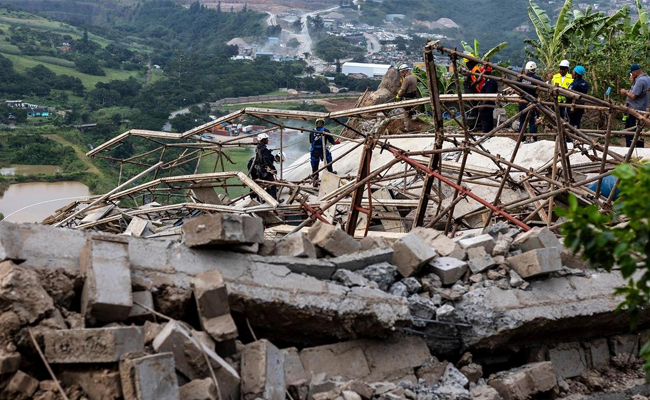Bengaluru (PTI): Karnataka Chief Minister Siddaramaiah on Wednesday termed the issue of Uniform Civil Code (UCC) an unnecessary controversy created by the Centre in view of the Lok Sabha elections next year, and assured representatives of the All India Muslim Personal Law Board (AIMPLB) that he would protect the rights of minorities.
Siddaramaiah told a delegation of AIMPLB that called on him that his government will not allow suppression of minority rights.
"The state government will act to protect the rights of minorities; no need to worry about this," the chief minister said.
During a discussion at the CM's Home Office 'Krishna', the AIMPLB members expressed concern about the "threat to the rights" of Muslims and the Muslim personal law due to the implementation of the UCC, a statement issued by the CM office said.
The previous Law Commission had rejected the central government's proposal saying that implementation of UCC was not feasible in this diverse country, they told the chief minister.
"Now the central government has asked the present Law Commission to review this matter again. Accordingly, the Law Commission is collecting opinions from the public," one of the delegation members was quoted as saying.
In reply, Siddaramaiah said, "We will respond after the publication of the draft Uniform Civil Code. Our government will never allow suppression of minority rights. The central government is creating unnecessary controversy in the wake of the election."
The delegation members also requested the government to protect the Waqf properties and clear encroachments.
Let the Truth be known. If you read VB and like VB, please be a VB Supporter and Help us deliver the Truth to one and all.
Ahmedabad (PTI): Six months after the AI-171 plane crash, the B J Medical College hostel complex in Ahmedabad stands as a haunting reminder, with its charred walls and burnt trees replacing the once lively chatter of students with an eerie stillness.
Scattered across the crash site are grim remnants of daily life - burnt cars and motorcycles, twisted beds and furniture, charred books, clothes and personal belongings.
The Atulyam-4 hostel building and the adjoining canteen complex stand abandoned, with entry strictly prohibited.
For residents near the site, memories of the incident still linger, casting a lasting shadow on their lives, with some of them saying they are still afraid to look up at the sky when an aircraft passes overhead.
On June 12, Air India flight AI-171, a Boeing 787-8 Dreamliner bound for London, crashed moments after take-off from the Sardar Vallabhbhai Patel International Airport, killing 260 persons.
The aircraft slammed into the BJ Medical College hostel complex in Meghaninagar, turning a lively student neighbourhood into a landscape of ruin and grief.
"The area now lies very silent, only a few birds chirp here," Sanjaybhai, a security guard deployed at the premises by authorities to prevent trespassing, told PTI.
Mahendrasingh Jadeja, a general store owner whose shop is just 50 metres from the point where the aircraft struck, described it as an unimaginable calamity. "In all my years, I have never seen anything like this."
Pointing to a tree behind his shop, the 60-year-old said the aircraft first struck there before crashing into the hostel building.
"It was a scorching summer afternoon. Not many people were outside. When I heard a loud crashing sound, I ran out of my shop. We were all terrified," he recalled.
"Even today, we instinctively look up whenever a plane passes overhead," he added.
Another local, Manubhai Rajput, who lives barely 200 metres from the site, said he witnessed the horror unfold on June 12.
"The plane was flying unusually low. Before I could understand what was happening, there was thick black smoke and a deafening crash," he said.
For over three decades, Rajput and his neighbours lived close to the airport without giving much thought to the aircraft overhead.
"We never looked up at the sky. But that day is etched in my mind. The plane hit a tree first, and then there was a loud sound," he said.
Rajput recalled how hundreds of locals rushed to the site even before police, fire services or the Army arrived.
Tinaben, another resident of Meghaninagar, said she never imagined something like this could happen in Ahmedabad.
"Despite being close to the airport, this area always felt safe," she said.
As an aircraft roared overhead during the conversation, Tinaben paused, looked up nervously and said, "It's still scary."
A senior official of Civil Hospital Ahmedabad, speaking on condition of anonymity, said the state government has yet to decide what to do with the damaged site.
Currently, investigations are going on and the site is strictly prohibited for people, he added.





